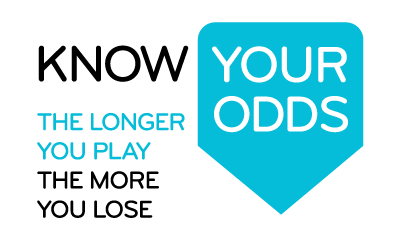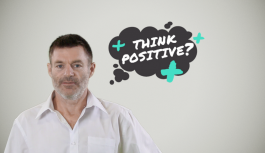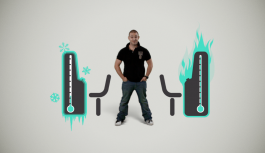Many people play who poker machines, Keno, lotteries and other games of chance think they can influence their chances of winning, by using ‘systems’, acting on a ‘hunch’, thinking ‘positively’ or looking for what they think are ‘lucky’ signs. Sometimes, these false beliefs influence how they bet, and this can lead to problems.
The key thing to remember is that nothing can change the odds of you winning, either in the short term or long term. Whether or not you win playing a game of chance is based solely on the randomly drawn numbers generated by the machine’s computer. See the information about Random Number Generators in The House Edge, and Your Odds.










